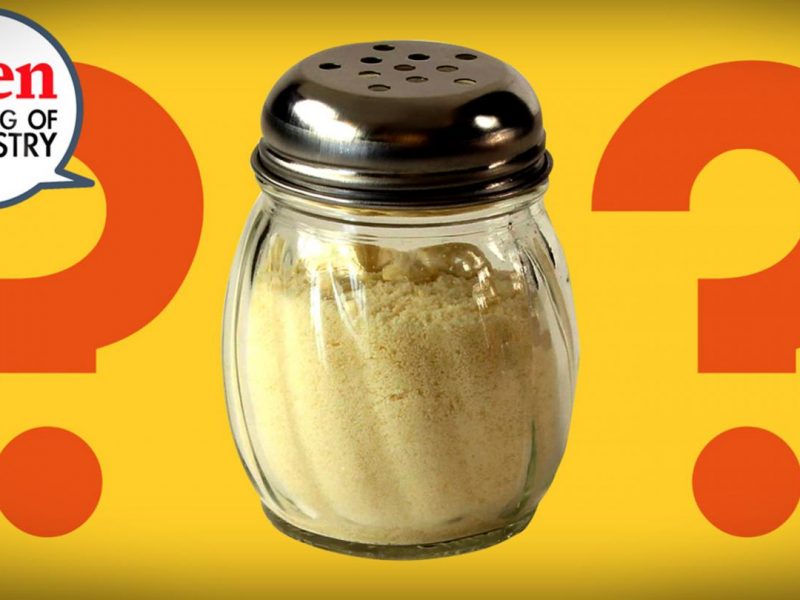There’s not much that can top a big bowl of spaghetti and meatballs — except, of course, for what belongs on top: parmesan cheese. But, it turns out, what we’re eating might not be parmesan at all — the Food and Drug Administration recently found that several sellers in the U.S. were filling their batches with lower-cost cheeses or even cellulose, also known as wood pulp. Food authentication helps ensure that our cheese, olive oil and other foods are the real deal, and that they don’t contain unwanted adulterants. To do so, scientists employ a variety of analytical techniques to identify chemical signs of legitimate food.

